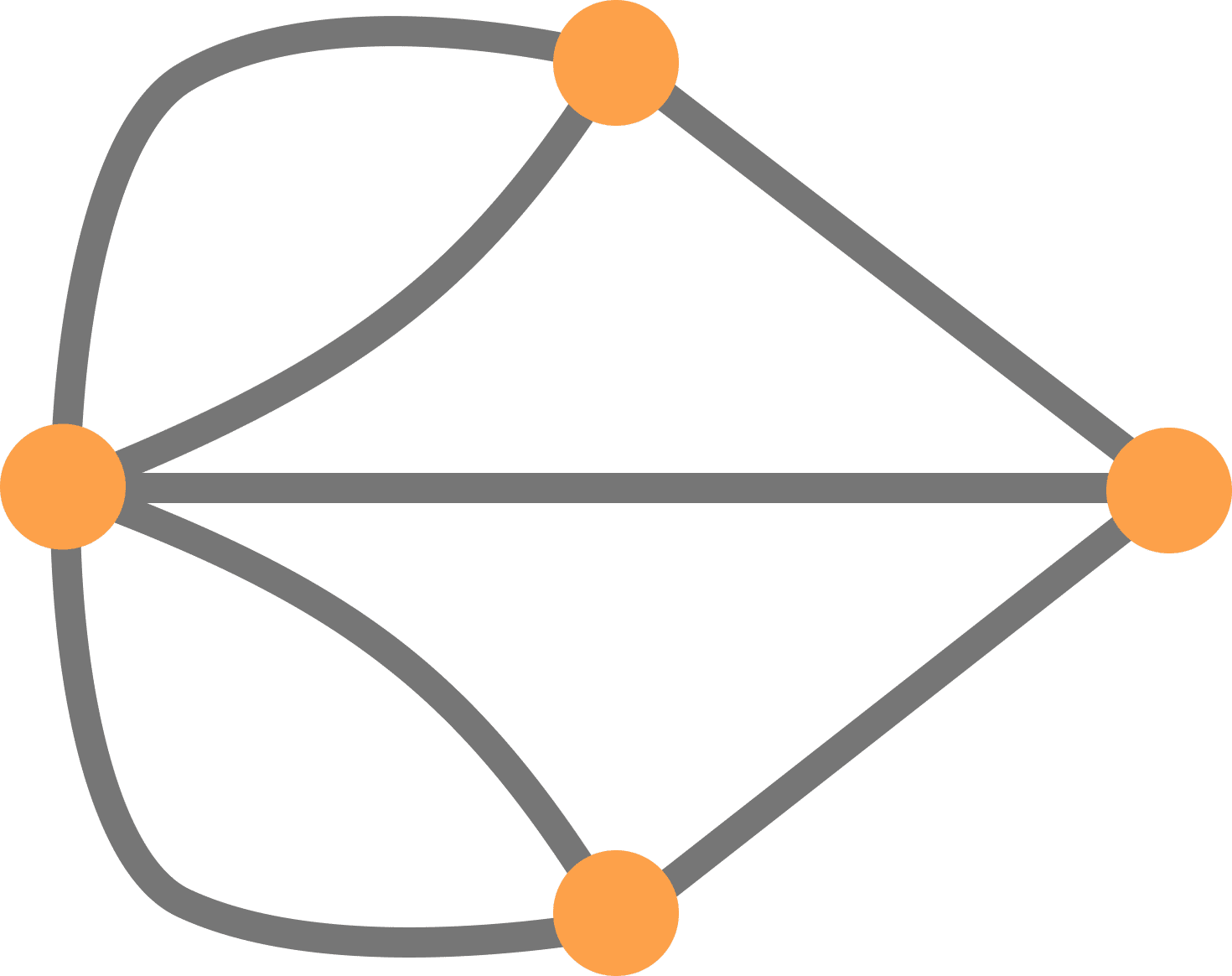COURSE DESCRIPTION
Economic Development is a broad topic with possibly controversial aspects, such as political economics. To ensure a wide coverage using generally accepted principles, as main textbook for the course, EUCLID has selected the now classic textbook Economic Development by Todaro and Smith. This text covers:
Principles and Concepts: Economics, Institutions, and Development: A Global Perspective; Comparative Economic Development; Classic Theories of Economic Growth and Development; Contemporary Models of Development and Underdevelopment.
Problems and Policies: Domestic: Poverty, Inequality, and Development; Population Growth and Economic Development: Causes, Consequences, Controversies; Urbanization and Rural-Urban Migration: Theory and Policy; Human Capital: Education and Health in Economic Development; Agricultural Transformation and Rural Development; The Environment and Development; Development Policy-making and the Roles of Market, State, and Civil Society.
Problems and Policies: International and Macro: International Trade Theory and Development Strategy; Balance of Payments, Developing-Country Debt, and Issues in Macroeconomic Stabilization; Foreign Finance, Investment, and Aid: Controversies and Opportunities; Finance and Fiscal Policy for Development; Some Critical Issues for the Twenty-First Century.
The objective of this course is to provide a solid theoretical and practical foundation to understand economic development in terms of domestic / international, micro / macro concepts and policies..
COURSE OBJECTIVES | LEARNING OUTCOMES
At the end of this course, the student will be able to discuss the fundamentals of:
Microeconomics as applicable to EcoDev
Macroeconomics as applicable to EcoDev
Classic theories and EcoDev factors
The role of the market
International factors
Linguistic factors
Cultural and possibly religious factors.
COURSE CMS SPECIFICS
Credit value: 3-6 (US standard) | 6-12 (ECTS standard)
Indicative duration (full-time): 4-10 weeks
Indicative duration (part-time): 5-12 weeks
Certificate: Yes
COURSE METHODOLOGY
This course is based on standard EUCLID methodology. Students may refer to the following resources:
Academic Guidelines (HQ version)
Academic Guidelines (most recent version, even if unofficial)
Student Orientation Guidelines (most recent version, even if unofficial)
Zotero instructions for EUCLID students
Grammarly instructions for EUCLID students
REQUIRED TEXTS AND MATERIAL
Course material is provided in the form of embedded videos, audio MP3s, and/or downloadable PDFs.
ASSESSMENT METHODS
Written Assignments, Response Papers and Major Paper: 40% (must pass)
Quiz: 10% (must pass)
Final Exam: 50% (must pass)
COURSE SYLLABUS | ACCESS TO 7 PERIODS







